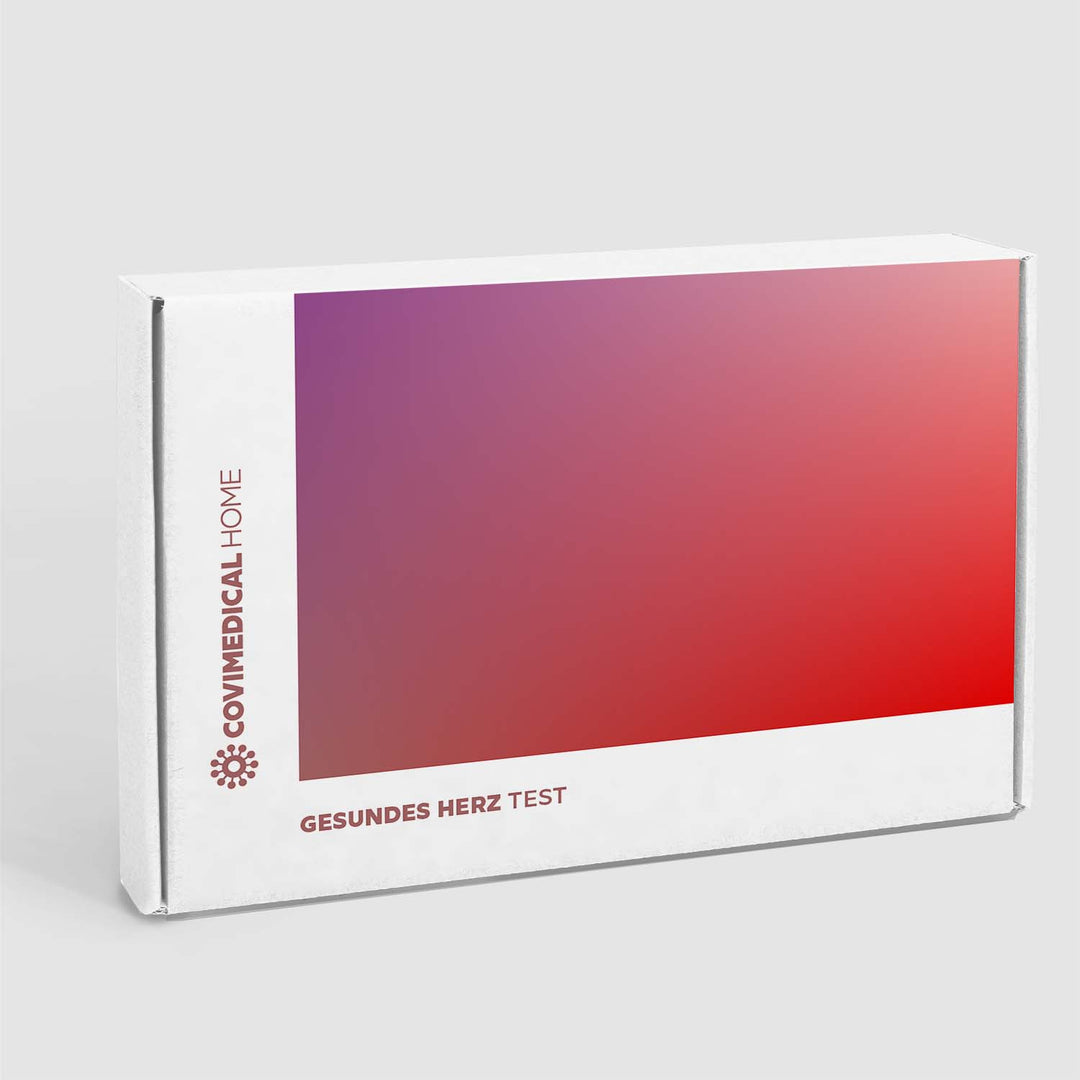Warning signals from your liver - how to keep an eye on your liver values
The liver is the largest organ in the human body, located in the upper right abdomen. It performs a variety of vital functions, including blood detoxification, protein production, nutrient storage, and metabolic regulation.
The liver is crucial for digestion and the overall health of the body, but it is also susceptible to various diseases and issues.
Warning Signs of the Liver:
The liver often sends warning signs when it is not functioning optimally. The most common warning signs include:
Elevated Liver Enzymes: One of the key indicators of liver problems is elevated liver enzymes in the blood. These values can be increased due to various causes such as liver inflammation, cirrhosis, or fatty liver disease.
Liver Pain: Liver pain is another warning sign. This pain can manifest as a dull pressure in the upper right abdomen and may indicate swelling or inflammation of the liver.
Digestive Problems: Liver problems can cause digestive issues such as bloating, nausea, vomiting, and diarrhea. The liver plays a crucial role in processing food and producing bile needed for fat digestion.
Fatigue and Exhaustion: A damaged liver can lead to feelings of tiredness and exhaustion, even after sufficient sleep. This is because the liver plays a role in storing and releasing energy.
Jaundice: Jaundice is a yellowing of the skin and eyes, which can indicate impaired liver function. It occurs when the liver has difficulties in excreting bilirubin, a breakdown product of hemoglobin.
Weight Loss: Unintentional weight loss can point to an underlying liver disease since the liver plays a vital role in metabolism.
What Liver Values Indicate:
Liver values are typically determined through blood or urine tests that provide insights into the health of the liver. The key liver values include:

ALT (alanine aminotransferase): An increase in the ALT value can indicate liver damage, as occurs in liver inflammation or liver cirrhosis. This is an enzyme that occurs particularly frequently in liver cells.
AST (aspartate aminotransferase): Similar to ALT, an elevated AST value is an indicator of liver damage. Like ALT, AST is also an enzyme that is found particularly frequently in liver cells. An increased AST value is often accompanied by an increased AST value and vice versa.
Bilirubin: An elevated bilirubin level can indicate impaired bilirubin excretion by the liver and cause jaundice. Bilirubin can be detected in both blood and urine and can be an indicator of liver cirrhosis or hepatitis.
Alkaline phosphatase: This value can be elevated if there are problems in the bile duct system and thus indicate a malfunction of the liver. In children and adolescents, an elevated AP value is considered normal, whereas adults should undergo an examination.
Albumin: A low albumin level may indicate liver problems, as the liver normally produces albumin. Albumin is an important protein for binding and transportation.
How to detoxify your liver
Detoxifying your liver is an important step in maintaining your liver health. Although the liver is naturally detoxifying, it can become overloaded with excessive alcohol consumption, poor diet and other harmful influences. Here are some ways you can detoxify your liver.

Healthy Eating: A balanced diet rich in fruits, vegetables, whole grains, and lean protein can support liver health.
Moderate Alcohol Consumption: Alcohol can harm the liver, so moderate consumption is essential.
Avoid Excessive Medication Use: Some medications can strain the liver. Consult with your doctor about possible alternatives.
Weight Management: Overweight and obesity can worsen liver problems. Weight reduction can alleviate the burden on the liver.
Hydration: Drinking enough water supports the elimination of toxins from the body.
Overall, the warning signs of the liver are crucial indicators of your health. If problems persist or liver values are elevated, it is advisable to consult a doctor for an accurate diagnosis and appropriate treatment. Taking care of the liver through a healthy lifestyle and, if necessary, detoxification can contribute to keeping this vital organ in optimal condition.















